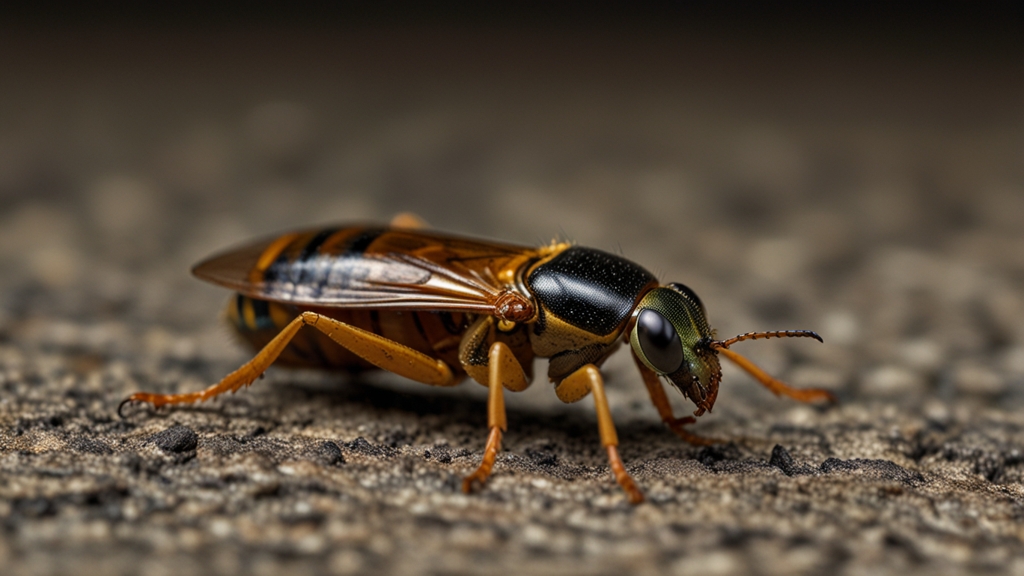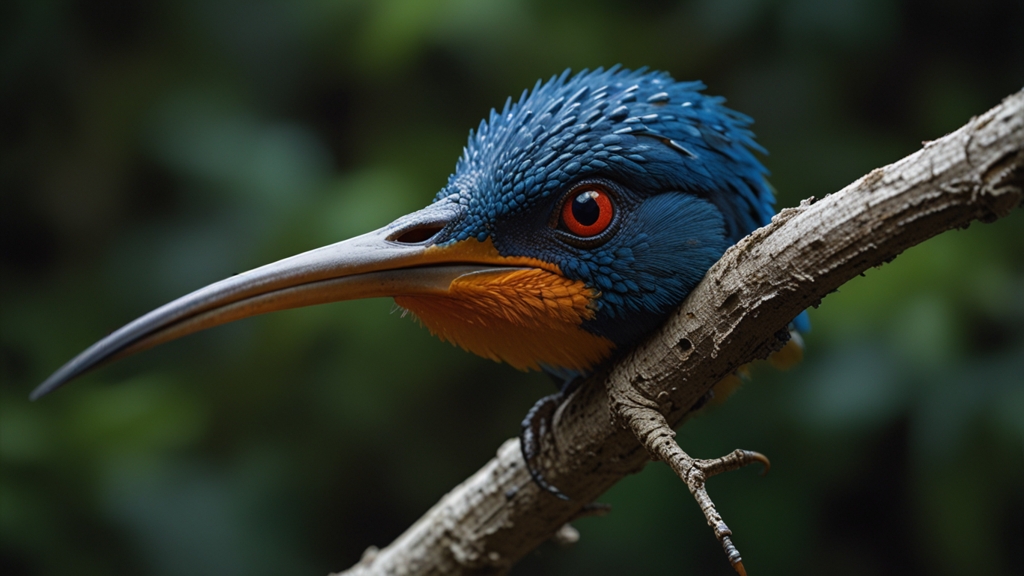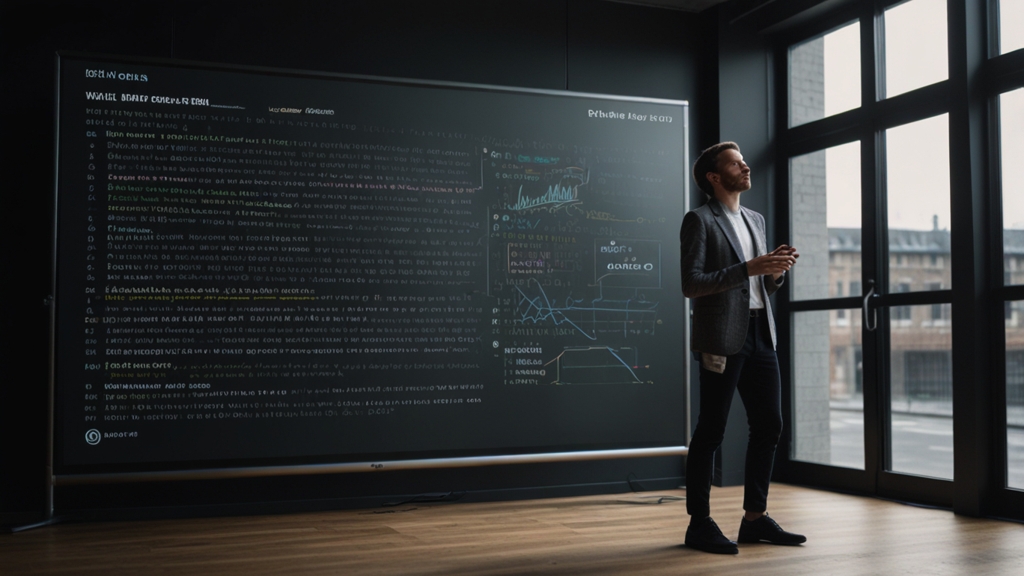The Ultimate Guide to Mastering Python in 2023
Python has established itself as one of the most versatile and powerful programming languages in the modern tech landscape. From web development to data science, Python's simplicity and readability make it a go-to language for both beginners and seasoned professionals. If you're looking to master Python in 2023, this guide will provide you with comprehensive steps to elevate your skills.
1. Understand the Basics
Before delving into more complex topics, ensure you have a solid grasp of Python's basic syntax and structures. Start with:
- Data Types (e.g., integers, floats, strings)
- Variables and Constants
- Control Structures (if statements, loops)
- Functions and Modules
Resources like the official Python tutorial and platforms like Codecademy or Coursera can be invaluable for beginners.
2. Dive Into Data Structures and Algorithms
Understanding data structures and algorithms is crucial for efficient coding. Focus on mastering:
- Lists, Tuples, and Dictionaries
- Sets
- Stacks and Queues
- Sorting and Searching Algorithms
Platforms like LeetCode and HackerRank offer numerous problems that help in honing these skills.
3. Master Object-Oriented Programming (OOP)
OOP is a cornerstone of modern software development. In Python, you can harness OOP to create more scalable and manageable code structures:
- Understand Classes and Objects
- Learn about Inheritance, Encapsulation, and Polymorphism
- Practice by building small projects and real-world applications
Books like "Python Crash Course" by Eric Matthes can provide a structured learning path.
4. Get Comfortable with Libraries and Frameworks
One of Python's greatest strengths is its extensive ecosystem of libraries and frameworks:
- Web Development: Django, Flask
- Data Science: Pandas, NumPy, Matplotlib, SciPy
- Machine Learning: TensorFlow, PyTorch, Scikit-Learn
- Web Scraping: Beautiful Soup, Scrapy
Choose the libraries relevant to your field and work on projects to deepen your understanding.
"The best way to learn Python is by writing Python code." – Guido van Rossum, Python's creator
5. Contribute to Open Source Projects
Contributing to open-source projects is a fantastic way to learn. You'll encounter real-world problems, interact with experienced developers, and see how large codebases are managed. Platforms like GitHub are excellent for finding open-source projects that need help.
6. Stay Updated and Keep Practicing
Technology changes rapidly, and Python is no exception. Subscribe to newsletters, follow influential Python developers on social media, and read blogs to stay updated. Regular practice is key to mastering Python. Websites like Project Euler provide interesting challenges that can keep your skills sharp.
"Success in coding comes from relentless practice, persistence, and a passion for problem-solving." – Unknown
7. Build Projects
Nothing beats hands-on experience. Start with small projects and gradually tackle more complex applications. Ideas include:
- A simple web scraper
- A personal blog using Django
- A machine learning model to predict housing prices
Projects not only solidify your knowledge but also provide you with a portfolio to showcase your skills to potential employers.
8. Learn Testing and Debugging
Testing and debugging are integral parts of the development process. Learn about:
- Unit Testing with unittest or pytest
- Debugging techniques and tools (like pdb or VSCode's debugger)
These skills will make you a more effective and reliable programmer.
9. Join a Python Community
Being part of a community can provide support, motivation, and new learning opportunities. Consider joining:
- Local Python User Groups (PUGs)
- Online forums like Reddit's r/learnpython
- Professional networks on LinkedIn or Twitter
Engaging with a community can provide invaluable insights and feedback on your work.
Conclusion
Mastering Python in 2023 requires a blend of theoretical knowledge, practical application, and continuous learning. Follow the outlined steps, stay persistent, and enjoy the journey of becoming a proficient Python programmer.
"The only way to become proficient in coding is through dedicated practice and learning from mistakes." – Anonymous
Happy coding!












